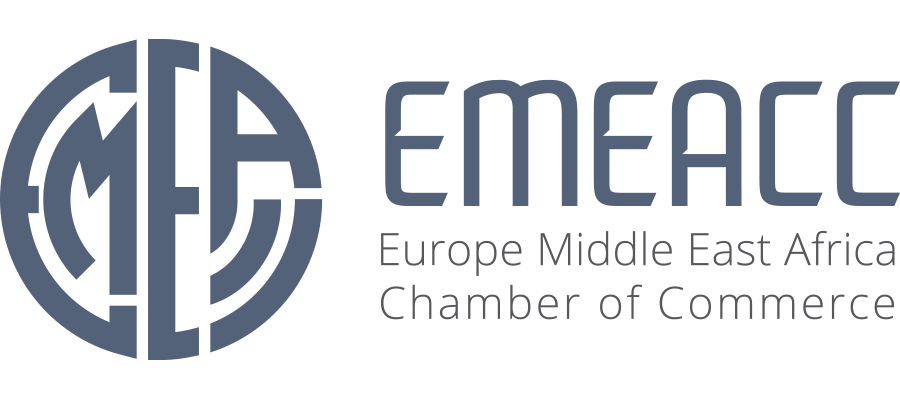Effective corporate governance involves defining responsibilities and establishing clear operating practices for the board, committees, and CEO. Clarifying the roles of each group in relation to each other and making sure that all members have access to essential information to make informed decisions are an integral part of this. A robust internal communications strategy and regular evaluations is essential for the success of any board.
A board’s role is to nominate, supervise and replace the CEO, establish strategic objectives and oversee the executive management team. It is also responsible to keep up-to-date company policies to manage risk, and provide oversight of financial matters.
A thorough understanding of the challenges of business risk is crucial to effective board governance. Therefore, it is essential that the board has a wide range of perspectives gathered around the table. Many experts on governance favor boards that have a significant proportion of independent directors.
Fairness and transparency are other key aspects of a sound corporate governance. The board must treat all contributors, employees, shareholders vendors, communities and shareholders fairly and equally. This encourages open and honest dialogue and builds trust among all stakeholders. It also promotes a culture of integrity and discourages the use of counterproductive methods like internal corruption and prejudices.
The board must also develop and maintain an extensive crisis management plan to prepare the organization for unexpected events. This includes identifying potential threats and devising strategies to mitigate them before they arise. This is essential to the stability and long-term growth of any business.
https://scoreboardroom.com/steps-to-create-a-nonprofit-social-media-policy
